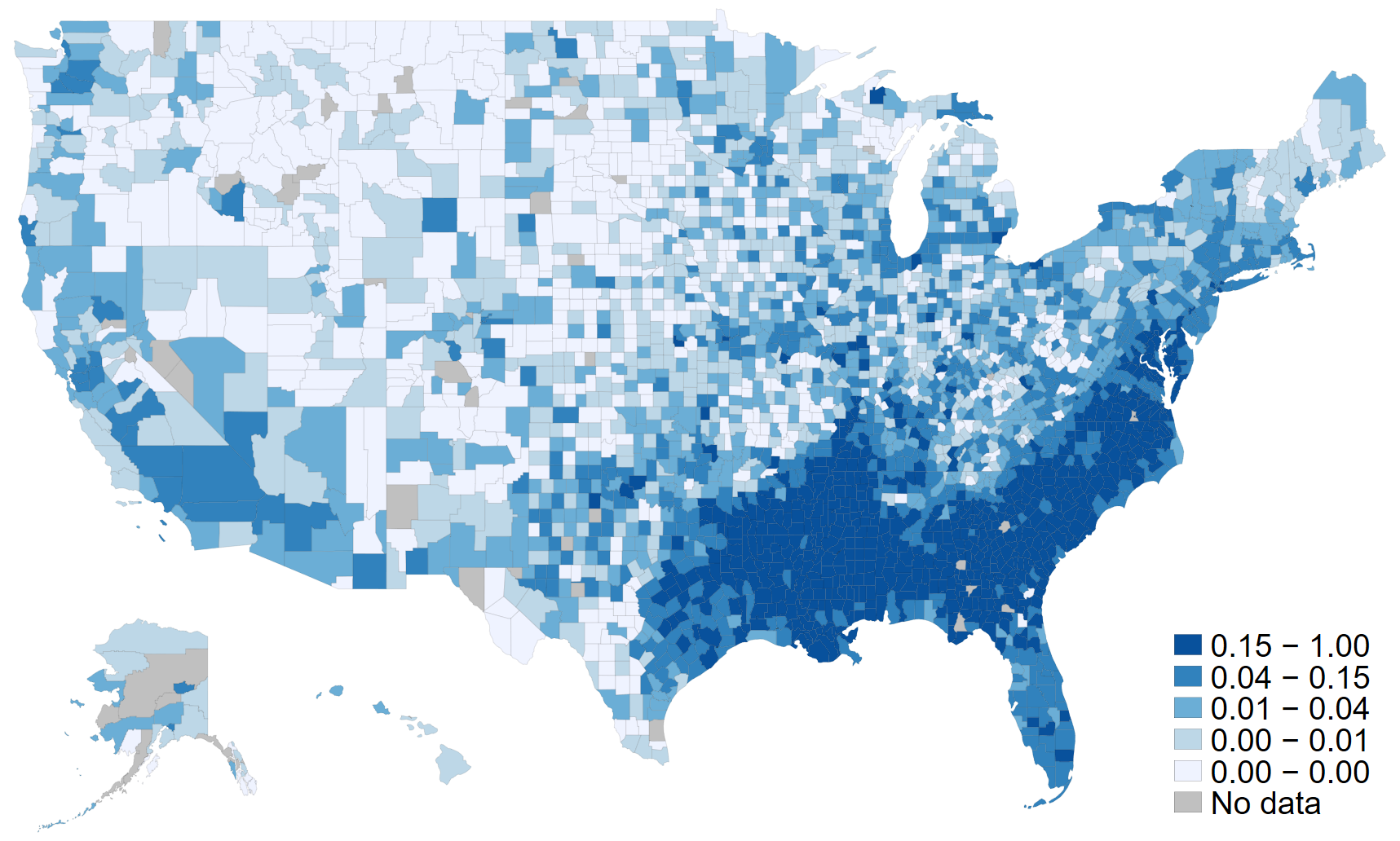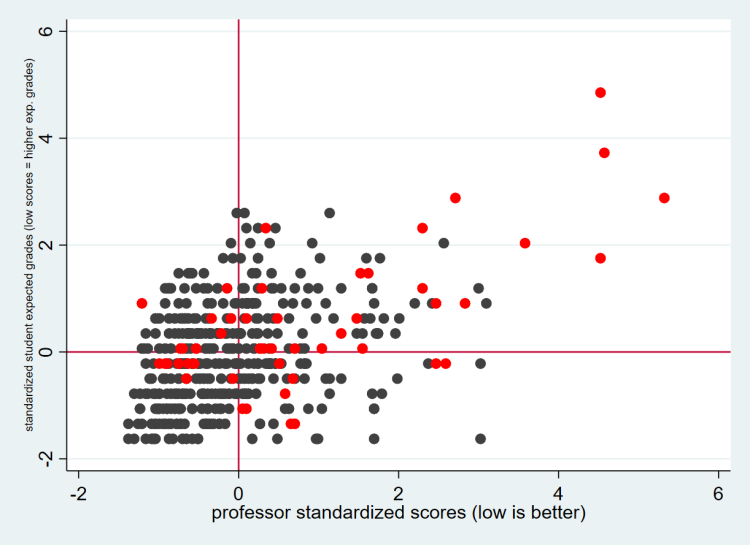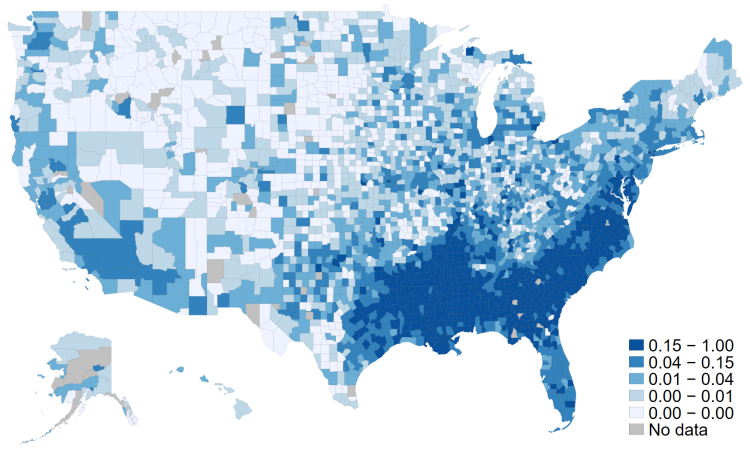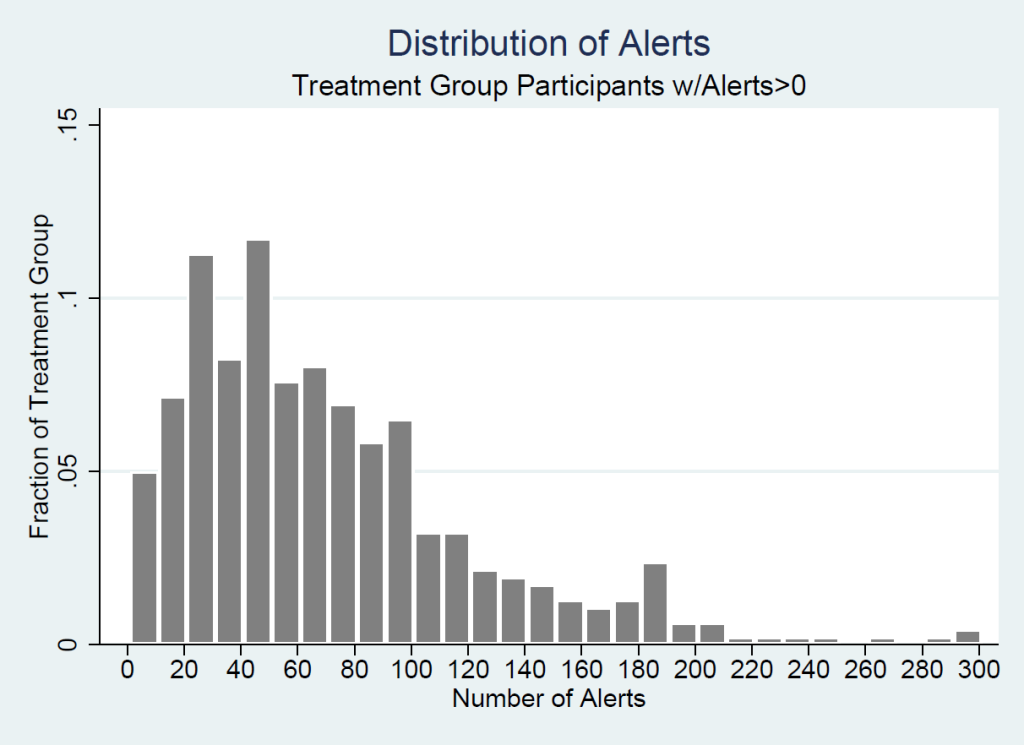
Eric W. Chan
Assistant Professor of Statistics & Public Policy, Babson College
About Me
Welcome to my academic website! I am currently an assistant professor of statistics and public policy at Babson College. My teaching and research aims to document the gaps and determine the causes of education, labor, and housing disparities. Using a combination of tools in causal inference and machine learning, improvements in merging large data sets through fuzzy matching, and GIS software, I have been studying documenting the gaps and mechanisms by which heterogeneous outcomes may happen. I do all this towards the goal of speaking about how differential responses by individuals may exacerbate systemic disparities. As an avid hiker, I named my blog (which I will post more in the future) Hiking to Heterogeneity to capture both the choices and various paths that we end up taking in life. We’ll never truly know the counterfactual of the paths we take, yet in order to produce research by which public policy can rely on, we can aim to do so with the available tools.

Some Current Projects

Housing Search Frictions: Evidence from Detailed Search Data and a Field Experiment
NBER Working Paper (w/P. Bergman + A. Kapor), R&R at Journal of Political Economy.
.
We randomized school quality information onto property listings of a nationwide housing website for low-income families. Using this variation to develop a model of housing search, we find that imperfect information and biased beliefs cause families to live in neighborhoods with lower-performing, more segregated schools. By lessening information frictions, families moved to neighborhoods with better schools.

The Role of Neighborhoods and Landlord Signals in Low-Income Housing Discrimination
Working Paper Available (w/ Yulian Fan), R&R at Journal of Housing Economics.
In a correspondence experiment, we find that – despite previous evidence of discrimination against Section8 voucher-holding renters – there is substantially more racial discrimination than voucher discrimination. Levels of discrimination can also vary greatly by geographic location and neighborhood characteristics, but again racial discrimination is follows a more pronounced pattern than voucher discrimination.

Heterogeneous Responses to Personnel Evaluations by Gender: Evidence from Higher Education
Working Paper in progress (w/ J. Stillwagon + K. Hill)
While we know that student opinion surveys in higher education are ripe with biases, we also find that male and female instructors respond differentially to how student surveys are counted as part of their evaluation. We find that male instructors are more likely to attempt to manipulate outputs than female instructors. How might this exacerbate inequalities? Working Paper coming soon!

Housing Implications after School Resegregation
Working Paper in progress
This paper aims to document the effects on housing when school desegregation policies are no longer in effect by court rulings. Combining data from schools, school districts, housing prices and attributes, housing mortgages, physical banking locations and characteristics, and course-ordered dismissals of district desegregation orders, I preliminarily find that the black-white gap in mortgage lending decisions becomes smaller after such orders. What might be causing this gap to close? I am investigating the mechanisms right now! Working Paper coming soon!
Recent Journal Articles

Heterogeneous Parental Responses to Education Quality
Working Paper, Forthcoming, Education Economics
Are parental inputs complements or substitutes to education quality? Using variation induced by identication into a gifted and talented (GT) program, I find no aggregate effects on parental behavior as a result of their child’s access to a higher quality education. However, there are heterogeneous effects. Non-minority parents decrease engagement, but increase tutoring. Minority and low-income parents increase engagement and increase both tutoring and in-home homework help. Results suggest that parental investments are not necessarily a strict complement or substitute, but is nuanced dependent on demographic factors. I provide evidence that the primary mechanism is parental beliefs.

Leveraging Parents through Low-Cost Technology: The Impact of High-Frequency Information on Student Achievement
Published 2021 (w/ P. Bergman), Journal of Human Resources
We partnered a low-cost communication technology with school information systems to automate the gathering and provision of information on students’ academic progress to parents of middle and high school students. We sent weekly, automated alerts to parents about their child’s missed assignments, grades, and class absences. The alerts reduced course failures by 27%, increased class attendance by 12%, and increased student retention, though there was no impact on state test scores. There were larger effects for below-median GPA students and high school students. Over 32,000 text messages were sent at a variable cost of $63.

Preschool for all? Enrollment and maternal labor supply implications of a bilingual preschool policy
Published 2020, Applied Economics
Does universal preschool policies induce changes in enrollment and mothers’ labor supply? In this study, I exploit exogenous variation from the first bilingual prekindergarten mandate in Illinois to estimate the causal effects on preschool enrollment and maternal labor supply of recently immigrated and Hispanic families. Using a difference-in-differences strategy, estimates suggest significant effects on preschool enrollment between 18% and 20% and no effects of increasing maternal labor supply in Illinois.
- B.S., Business Management. Babson College
- M.A., Economics and Education, Teachers College Columbia University
- M. Phil., Economics and Education, Columbia University
- Ph.D, Economics and Education, Columbia University
